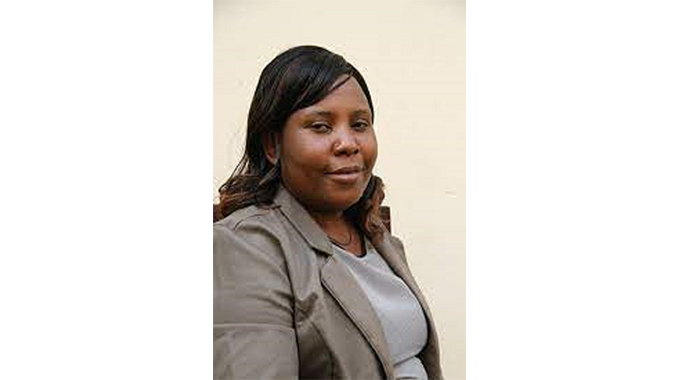Arda adopts Vision 2030 accelerator model

Midlands Bureau Chief
THE Agricultural and Rural Development Authority (Arda) says it has adopted a “Vision 2030 accelerator model” in managing irrigation schemes as it thrives to ensure increased production that guarantees national food security.
The authority is managing 400 irrigation schemes sitting on 26 000 hectares focusing on food, feed, fibre, bio fuels and seed crops.
Arda chief executive officer, Mr Tinotenda Mhiko, said the accelerator model is expected to contribute immensely to the national cereal requirement, thereby feeding on the import substitution drive in line with the National Development Strategy (NDS1).
“We’re managing irrigation schemes using a revolutionary tool we call the Vision 2030 accelerator model, which is an enhanced productivity tool that guarantees viability, profitability and sustainability of production operations,” he said.
Mr Mhiko said irrigation schemes are supposed to embrace the business element to enhance profitability and sustainability to improve livelihoods of farmers.
“Production is done at the back of viable and profitable business cases and the scheme is managed by a resident manager who handles the household scheme beneficiaries from the point of soil testing, field selection, production operations up until we harvest and market the produce,” he said.
Mr Mhiko said there are no shortcuts to success in farming, hence the objective of the model is to transform household beneficiaries from subsistence farming to surplus oriented farming.
For surplus to be achieved at an irrigation scheme, he said the first step is to sustain household food security status at the scheme level.
“We then do value-addition to the surplus and so value addition and beneficiation is the second project component that we are running under rural development and industrialisation,” said Mr Mhiko.
He said they were decentralising micro-processing plants at district levels to build economies of scale for grading and to value addition and beneficiation of all the agricultural produce coming from the rural irrigation schemes.
“This is to catalyse rural industrialisation, which in turn catalyses rural development for the attainment of Vision 2030. We are producing everything on site,” said Mr Mhike.
Meanwhile, Mr Mhiko said village horticulture gardens were being done in a wholistic approach to improve operation efficiencies.
Mr Mhiko said implementing agencies overseeing the village horticulture gardens are all parastatals under the Minister of Lands, Agriculture, Fisheries, Water and Rural Development.
“We have Agriculture Finance Corporation (AFC) coming through funding and machinery. Agricultural Advisory and Rural Development Services (AARDS) officers are business advisors who do extension works and assist with community mobilisation,” he said.
“Then there is the Agriculture Marketing Authority (AMA), which is there to guarantee off take market of the products. So, production is determined by the offtake arrangement we get from AMA and ZimTrade.”

ZimTrade
Mr Mhiko said the department of irrigation together with Zinwa were coming in with a solar-driven borehole.
“Water from boreholes is there for household use and to enable production operations. Household nutrition gardens are also assisting in improving human nutrition due to the high concentration of vitamins in the fruits and vegetables coming from these gardens and also for economic empowerment,” he said.
“We have 23 milk collection points in 23 districts we are resuscitating across the country, 900 000 litres of milk and once we secure the funding we are looking for. We are targeting three million litres annually.”
The Second Republic is making deliberate efforts to uplift the lives of marginalised communities through infrastructure development and coming up with schemes aimed at ensuring that every Zimbabwean plays a part in the attainment of an upper middle-income economy by 2030.









Comments